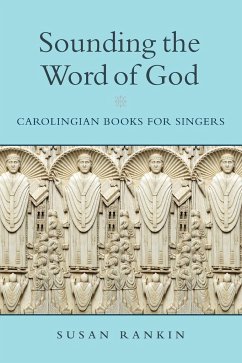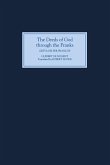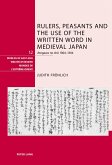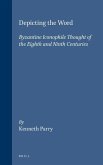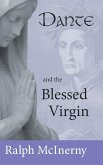Between 800 and 900 a new convention entered musical practice: by the end of the century the recording of musical sound using newly-invented music scripts had become standard, the meanings of those scripts familiar to many. In the history of European music this was a momentous transformation, offering new possibilities of organization and control. But the change was not accomplished quickly, nor were singers who read from books without musical notations entirely without written guidance. In Sounding the Word of God, those ways in which Carolingian scribes made instructions for readers and singers visible through script, and consequent changes in the material culture represented by books, are explored. From books of the late eighth and early ninth centuries in which chant was codified in a manner that relied heavily on unwritten knowledge, Rankin traces a path to books that attempted to record aspects of the delivery of ecclesiastical chant more thoroughly.
Hinweis: Dieser Artikel kann nur an eine deutsche Lieferadresse ausgeliefert werden.
Hinweis: Dieser Artikel kann nur an eine deutsche Lieferadresse ausgeliefert werden.

